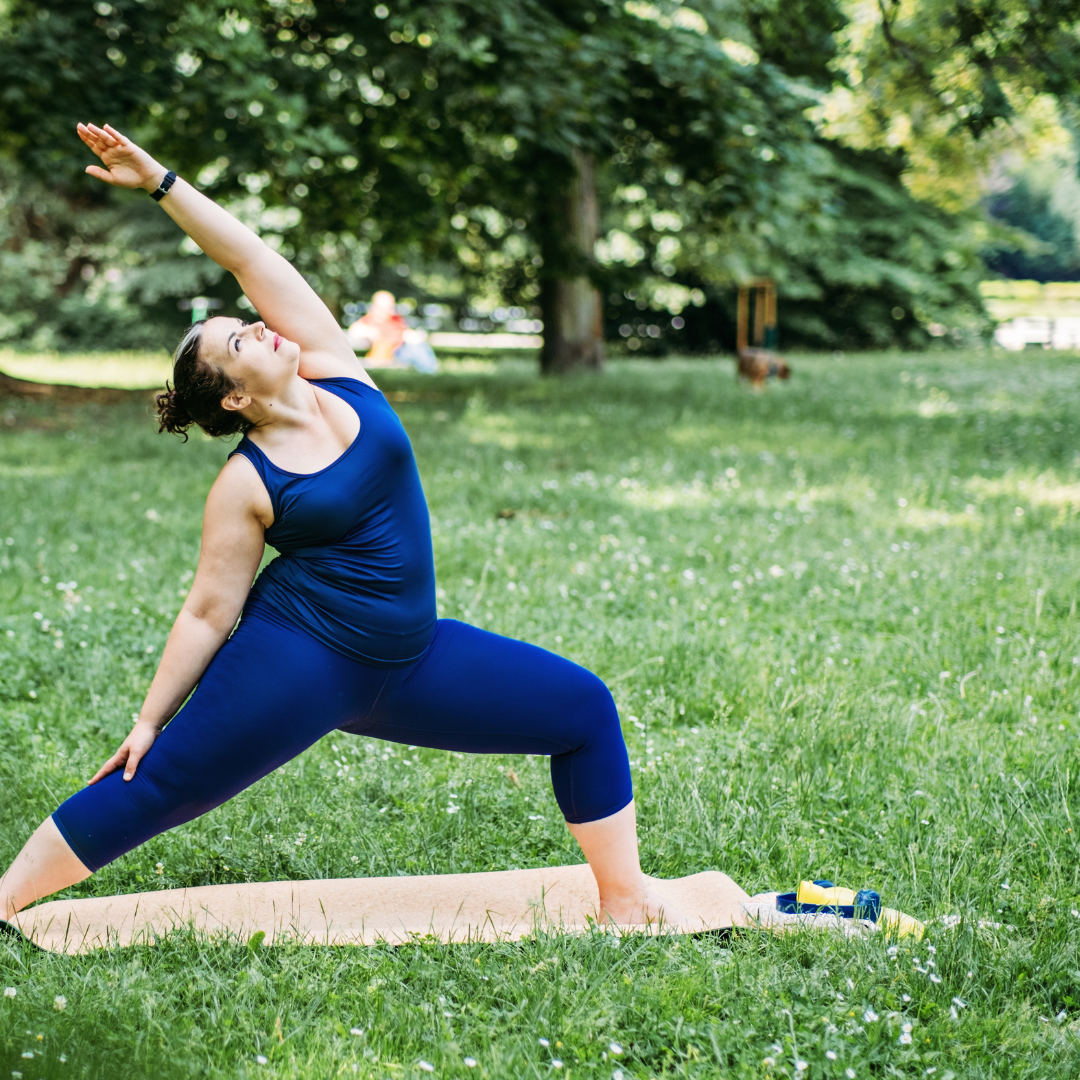By: Shelly Buse, PT
Have you noticed changes in balance after bariatric surgery? Do you catch yourself reaching out for the wall in a dimly lit room or having a little more trouble walking on uneven surfaces? You’re not alone, there is a reason, and it won’t last forever! Read on to find out why this can happen and some tips on how you can speed the process up by putting in a little work.
It is not uncommon to experience some changes in balance after bariatric surgery and subsequent weight loss. There are many factors that contribute to changes in balance. We have 3 main senses that contribute to balance including the visual system, somatosensory system, and the vestibular system. The system most affected by a rapid weight loss is the somatosensory system. This system is in charge of the input we feel through our skin, the pressure we feel through our joints, and specifically the input we get from the ground. For our lower half, a 1-pound weight loss feels like 4-7 pounds less joint compression. This is very beneficial if we have joint pain, but it also means we have reduced the joint input that our body has been accustomed to, and it takes time for our body to adjust. If we are unsteady, we reach out with our hands or lean on a wall to increase sensory input to the body to help give the brain better body awareness. Because you lose weight relatively rapidly, it takes a bit for the brain to catch up to the new you! Also, if you have pre-existing sensory deficits already, say from diabetic neuropathy for example, balance may already be a bit of a challenge.
Often times we have patients report more difficulty with balance in a dimly lit room, dark movie theater, or when closing their eyes in the shower. Why are these more challenging? When we close our eyes or are in an environment with reduced light, we are not able to compensate with our vision that so many of us heavily rely on. So, the next system up to help us out in these scenarios is our sensory system. But that system is shouting, “Hey, I just lost 70 pounds, I don’t know what’s going on either!” Often times it’s when we have reduced vision that we notice balance changes for the first time.
Another contributing factor to balance is changes in muscle mass. As you lose weight from surgery, or even weight loss medications, you can lose muscle mass. Up to 30-40% of that weight loss can be muscle! Eek! This loss of strength can contribute to how you move and how your body responds to changes in your weight and balance. So, what do we do? There are several ways you can improve your body awareness as your weight loss is occurring. First, body weight exercises. Give your body deep joint input, keep your muscles active and strong. We love a good squat or wall/countertop push-ups to provide that deep input. When body weight exercises get too easy, add resistance. Your body likes a challenge, we need to push our muscles to a fatigue point in order to build. But don’t forget we must do this safely, with good form, and being mindful of the need for added protein in order to build muscle.
Next up, balance exercises! As physical therapists, one of our most loved exercises is so simple…back into a corner for safety, then stand with your eyes closed, feet about hip width apart and maintain balance for 30-60 seconds at a time. If that is too easy, narrow your base of support by putting your feet together. Add this task into your day while you brush your teeth or take a moment at the end of the day to focus on balance. Yoga is an excellent way to build strength and balance together. You can further challenge balance by changing your standing surface. Stand on a pillow, a folded blanket, or a BOSU ball to challenge that sensory input. And to further increase your challenge, layer in your vestibular system by adding head turns side to side and up and down during balance exercises. Giving yourself these challenges tells your brain that you want help. The more you practice, the easier the tasks become, and the more quickly your brain adapts to the changes in your body and your weight.
Another idea, when in the shower, ditch your washcloth or loofah and just use your hands, soap, and water. Our hands are packed with sensory receptors that can help to provide feedback to your brain about your new and changing dimensions. It’s just one more way to help your body make adjustments quicker.
For some, balance actually improves because individuals get back to a weight they are comfortable with or had maintained for several years. But for others, perhaps they haven’t been that weight since high school, and it feels a bit off. And let’s be honest, for most of us, our body composition is not what it was in high school even if we get back to that weight! Overall, balance disruptions are small, and our brains are beautiful, and they make adaptations. We often compare balance changes to getting a new car. Your brain still knows how to operate the vehicle, but it handles differently. The more you drive the car, or practice the balance exercises, the more comfortable it becomes.
And finally, if you find that you are still struggling with balance, or don’t feel well adapted to your new and changing body, please know that we as physical therapists are here to help you out! We love working on balance, strength, and helping you become the best version of yourself. We want you to be someone that is comfortable in your own skin and is out there conquering all the life that comes your way. Please don’t hesitate to reach out!









